Have you found your daily rhythm since the start of the school year? The pandemic can affect you in many ways and it is normal to feel more stressed or anxious. Other signs can also be indicators of this stress; you may feel grumpier, have difficulty sleeping, spend more time in front of the screens, or feel more distracted, etc. Being able to recognize these signs is important to find the good solutions. It may be difficult sometimes to voice these concerns, but it is recommended to talk to your friends or relatives about them so you can feel reassured and go about your usual routines. To keep a good sleep routine is recognized as a key element to maintain a good physical, cognitive, emotional and behavioral health.
The start of the school year is already behind us but it is never too late to improve, establish or reinstate good lifestyle habits. At work and at school, the pillars on which optimal performance is based are healthy eating, regular physical activity and healthy sleep. Here are some suggestions that will help you stay alert and be at your best all year long, even during these peculiar times.

Sleep to Get Good Grades?
Did you know that increasing the number of hours you sleep could improve your grades? Yes, simply by sleeping more or by getting a better sleep!
For example, a study found that students with C, D, or F grades averaged 25-30 minutes less sleep per weeknight than their peers with better grades. In addition, better sleep efficiency is associated with better report card grades in Math, English, and French among Canadian students.
Sleep plays a critical role in enhancing the learning process and memory, and in our ability to learn after a busy day.
A rested brain is a brain that is able to be attentive in class without needing a superhuman effort not to fall asleep – head on the desk – in front of the teacher.
A rested brain is more creative, cheerful, motivated, and open to others rather than a brain that rushes out of bed and struggles to find the energy as you try to keep your eyes open.
How can one get better sleep?
There are certain key actions you can do to avoid accumulating a sleep deficit. See the sections on sleep needs at different ages: “Sleep: a personal and lifelong natural need” and “Age-specific dos and don’ts: sleep on it!”)
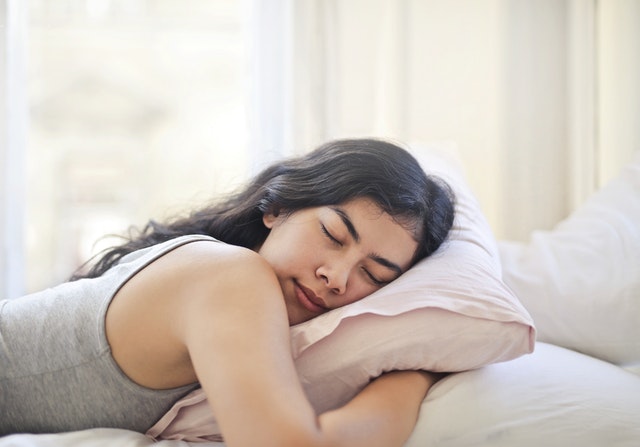
Tips to get the best from sleep

1. Maintain a routine sleep-wake schedule (within 30 minutes to an hour) even on weekends.
The body clock needs to be fine-tuned to stay in the same time zone to avoid the negative effects of being “jetlagged”. Don’t forget to expose yourself to daylight as much as possible to help your body clock keep time.
2. Sleep the amount of time you need within the age-appropriate recommended sleep time.
For example, school age children need 9 to 11 hours of sleep per night; teenagers need 8 to 10 hours and adults need 7 to 9 hours. For the brain to recharge and do its night work properly, you need to sleep enough in one go. This means you should reduce sleep interruptions to a minimum. For example, at night, turn off all electronic devices and do not answer messages while you sleep in order to get the right amount of uninterrupted sleep. For more information, visit “ Age-specific dos and don’ts”
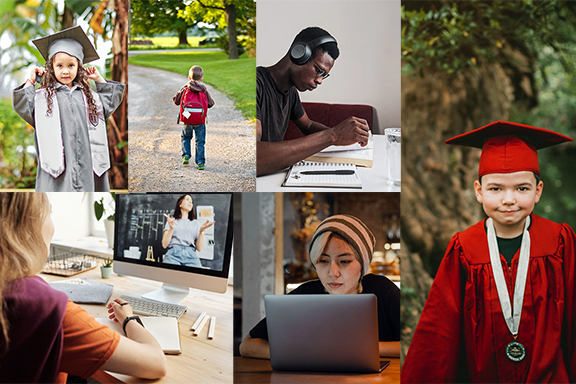
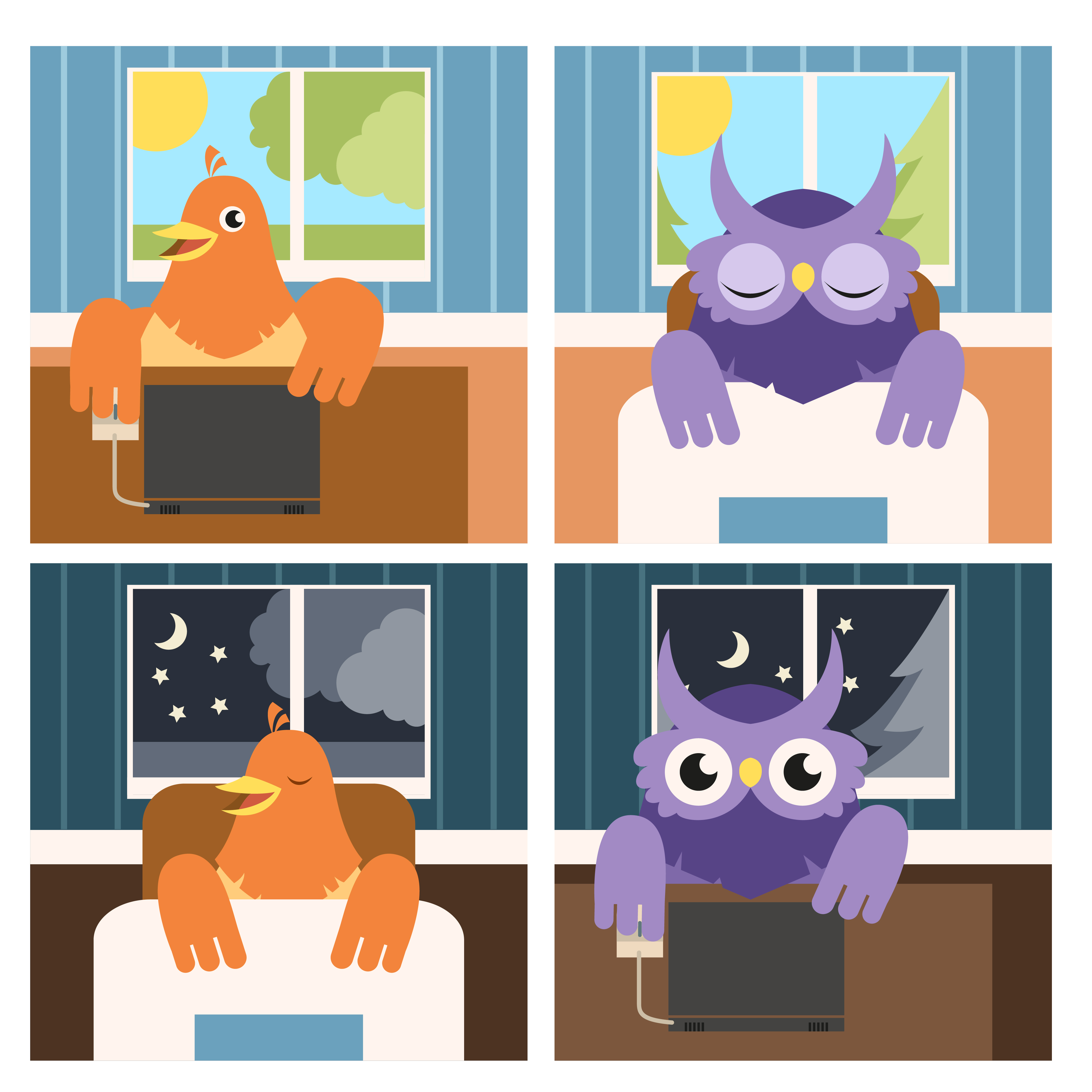
3. Get as much sleep as possible on a schedule that suits you.
Early birds and night owl adults, this is for you especially. For example, teens naturally have a later sleep phase compared to adults. Their need to sleep arises later in the evening and also ends later in the morning than adults.
4. Practice sleep hygiene that takes into account the two other pillars of health: nutrition and exercise.
For example, drink enough water, don’t eat a heavy meal before going to bed, keep your caffeine and alcohol consumption to a minimum, and exercise as recommended, but not too close to your bedtime.

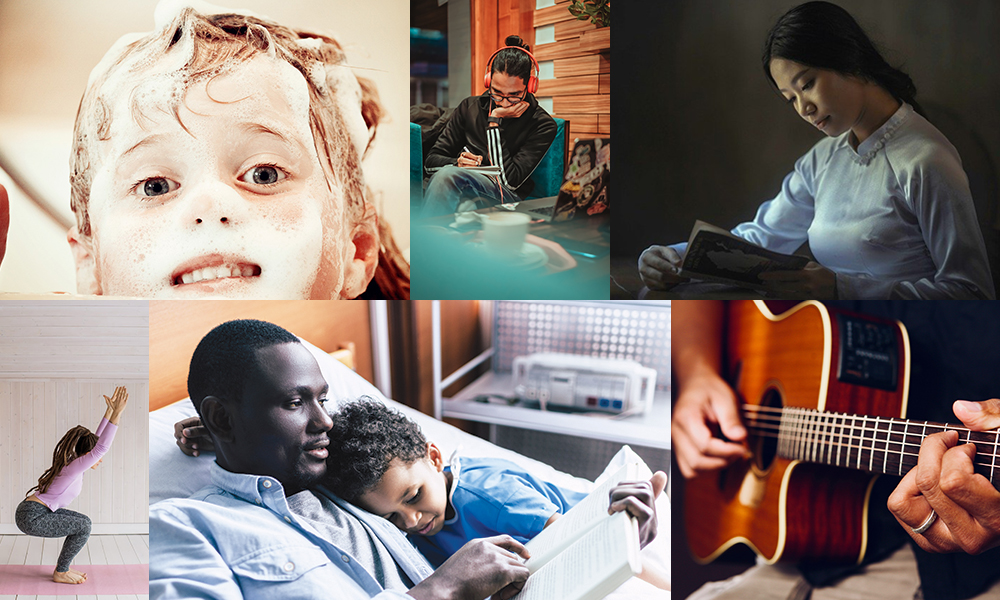
5. Prepare for sleep by creating a relaxing and consistent routine.
Screen time close to bedtime is known to be negative for sleeping because it can interfere with the secretion of the sleep hormone, melatonin. Avoid exposure to screens an hour before falling asleep (even with a blue light filter). The fact that your brain is activated by content consumed in front of the screen can also delay falling asleep. Establish a relaxing routine that will help you reduce the stimulation of an active life before going to bed (bath, stretching, soothing thoughts, etc.).
6. Set the scene for sleep with a safe and comfortable sleep environment.
Find the optimal room temperature, bedding, ambient noise and light exposure. Your bedroom should be a safe place for sleep and intimacy only.
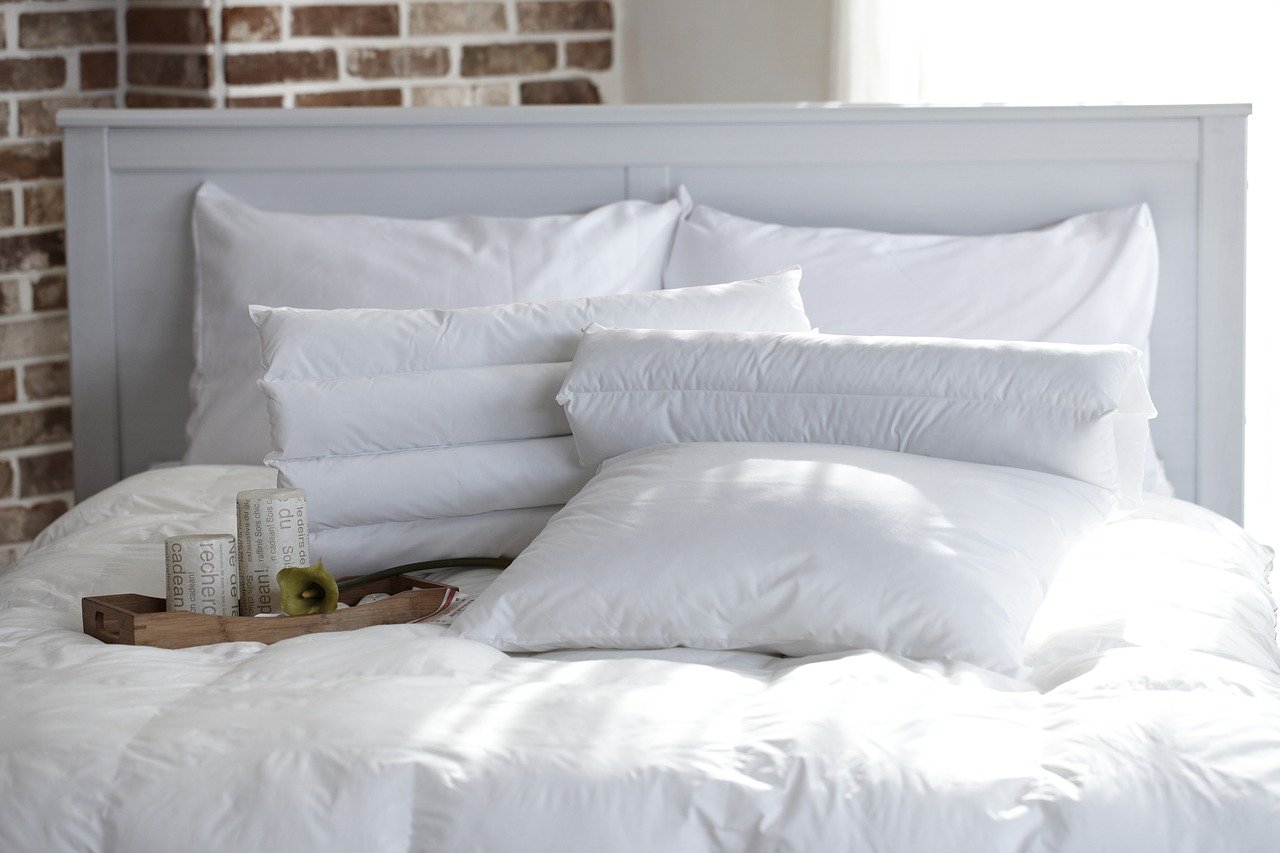
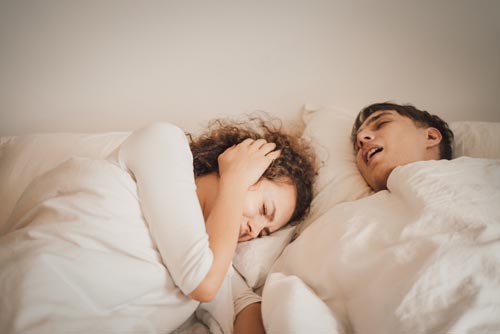
7. Listen to your bed partner. (if applicable)
Bed partners are good at raising red flags for sleep problems such as sleep apnea (snoring) or bruxism (teeth grinding).
8. If sleep is an issue for you, talk about it with health and sleep professionals.

So tonight, think about it and put your brain to bed at a reasonable time, dear student. It’s a simple and effective way to ensure productive and enjoyable school days. Parents, the brain of your teens still needs your help; turn off the lights to light up your youth.
Dear parents, you might also be interested in this article: “Sleep is your ally: How to finetune your sleep habits during this COVID-19 crisis.” and in this video about adolescent sleep.
